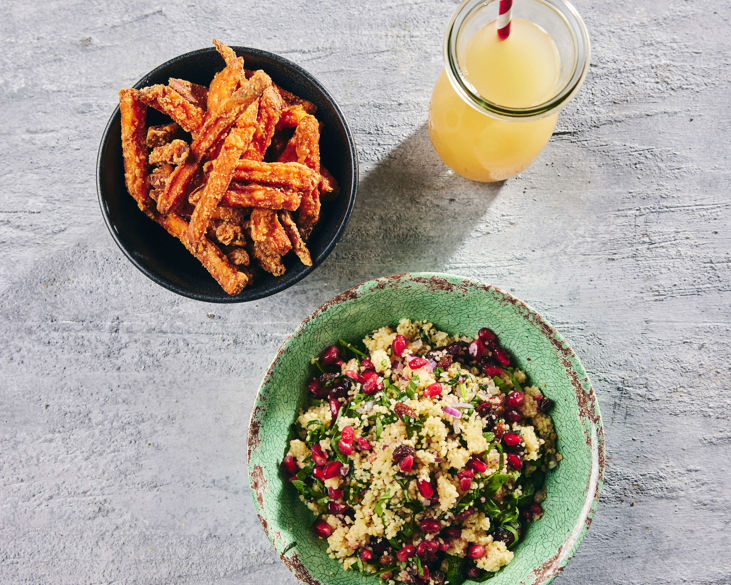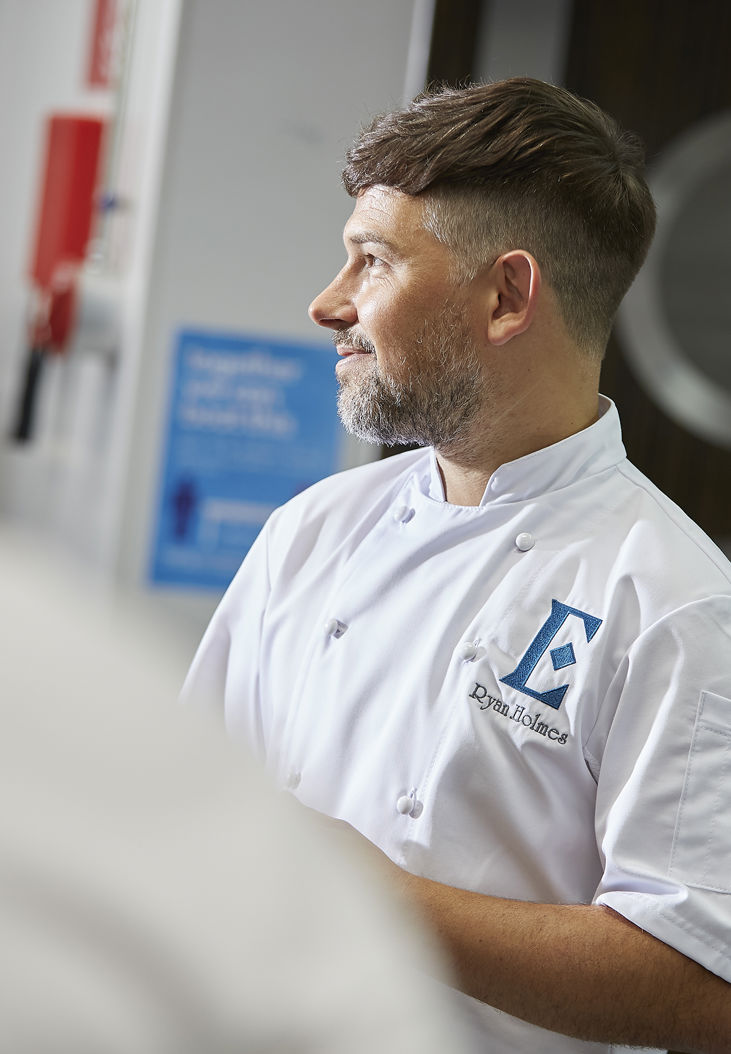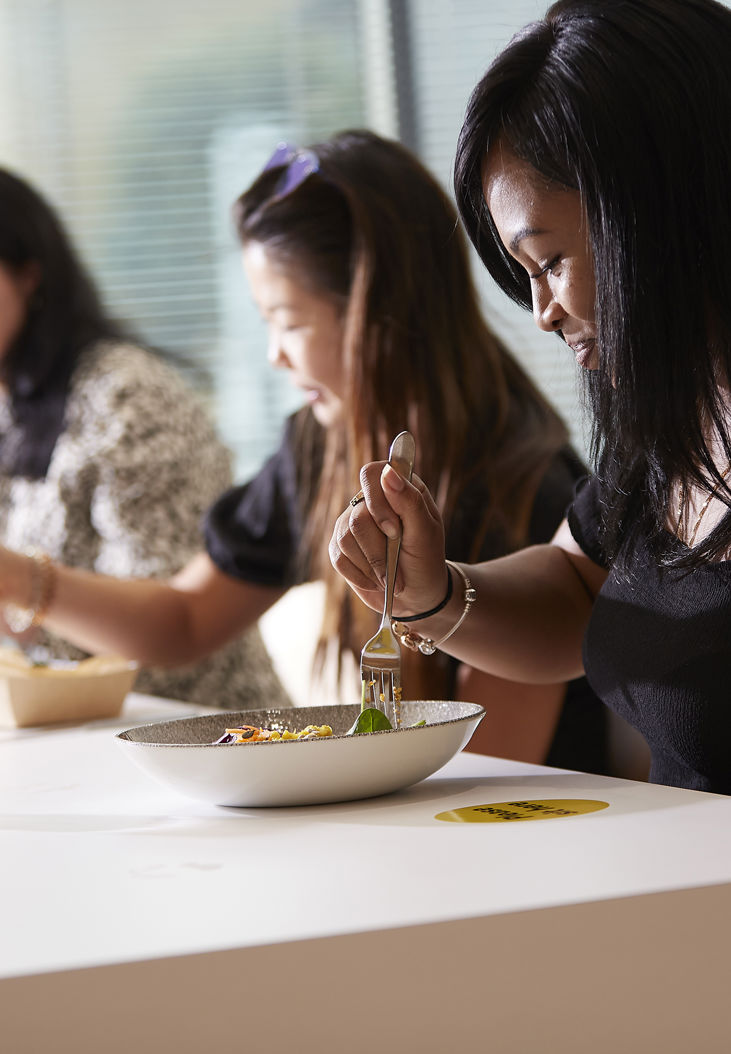The power of the lunch break: latest research proves their importance
A lunch break is often the only opportunity an employee has in the working day to recharge and offer a great excuse to nourish their physical and mental health.
As well as personal benefits, lunch breaks have broader business advantages like increased productivity, improved camaraderie among teams and helping avoid that afternoon slump.
While most employers recognise the importance of taking a proper lunch break and their role in supporting that, there’s now in-depth research from Compass Group and Mintel to back it up. Continue reading to find out more.
The perfect networking opportunity
Food and drink facilities, such as an employee restaurant, make employees significantly more likely to socialise and form those all-important workplace connections.
In workplaces with an employee restaurant, 70% of workers eat lunch with colleagues, and only 23% eat alone. In contrast, where a workplace provides no food or drink facilities, just 38% of people say they’d interact with colleagues during their main break, with nearly half choosing to eat by themselves.
Morag Freathy, Managing Director, Eurest, said:
“With productivity a key challenge facing businesses today, enabling employees to take time out of their working day to relax and recharge with colleagues can make a huge difference.
Though it seems counterintuitive, high-quality breaks are a win-win for employees and employers alike, proven to enhance workers’ productivity, collaboration and mental health.
Taking a lunch break is no longer a routine event at a set time of day. With the rise of flexible working, UK employees now expect to refuel however and whenever suits them best.
They want convenient and good quality food and drink to recharge and provide an energy boost, comfortable places to sit, network and socialise with colleagues, and a workplace culture where breaks are encouraged, not frowned upon.”

A recipe for productivity
According to the research, UK workers today take less than 33 minutes daily for their main lunch break, and many skip one lunch break in the average five-day week.
Despite these findings, the research indicates that workers still value the importance of proper rest during a lunch break, with 73% claiming a lunch break makes them more productive and 82% agreeing that regular breaks are the key to sustained productivity.

Supporting generational preferences
An interesting consideration for employers is the generational difference between what employees want from their breaks at work.
Unsurprisingly, eating and drinking during a break is the top priority for every age group, especially UK Gen X and Baby Boomers – but Younger Gen Z and Millennial workers want to use their time for more diverse pursuits that support their mental health.
This includes relaxing, socialising with colleagues, and pursuing personal interests or hobbies.
As the younger generations continue to enter the workforce, this finding highlights a growing need for employers to tailor breakout areas that match the wellbeing requirements of their diverse workforce.
Competing with home comforts
Over half of UK workers say they can truly relax during breaks at home, and 37% say their workplace doesn’t have a suitable breakout area to relax and recharge. However, only 24% of UK employers provide a staff restaurant on-site.
The research suggests that employers must find innovative ways to compete with the comforts employees associate with a home-based lunch break – perhaps starting with on-site food and drink services.
Here to fuel employee lunch breaks
At Eurest, we give your employees something to come to work for. Our food and drink services are designed to promote employee wellbeing, collaboration and productivity while helping you meet your sustainability goals.
To find out more, simply email us at saleslead@compass-group.co.uk.
Further reading



